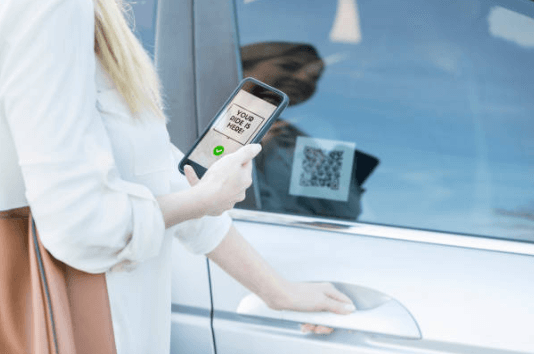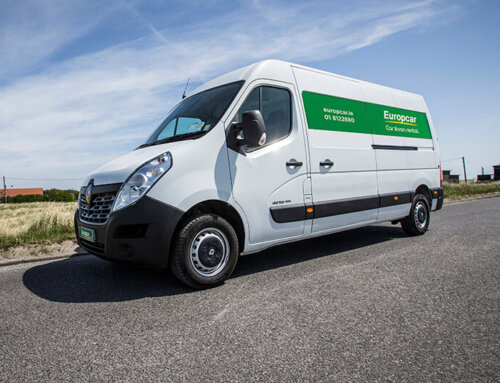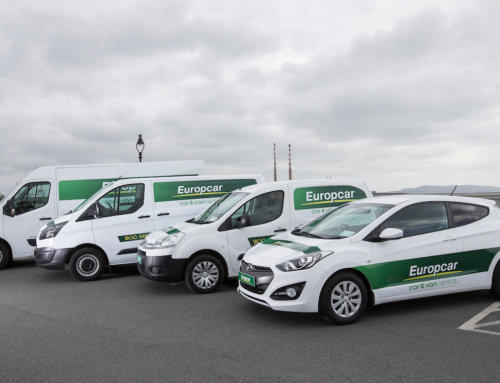Car sharing in Ireland is becoming more and more popular with companies like Gocar and Yuko leading the way when it comes to individual rentals. But facilitating the same service for businesses is a little bit trickier as it requires the buy-in of directors.
Corporate Car Sharing is a kind of business mobility service that many companies over the world have already chosen to adopt to save the cost for their employees’ car and taxi work travel.
A good illustration would be to think about how meeting rooms are used in a corporate setting, you will notice that these rooms are usually shared, each room is booked in a central calendar and you only book one when you need one, free it up when you are done for others to use. So why not implement the same with a shared pool of company cars?
How would it work?
Well obviously you’ll need a fleet of cars with the ability to login to a platform to book and reserve a car for your trips, you would also want the ability to remotely lock/unlock. Also, a fleet management console to onboard members and track usage etc – and of course a mobile app.
What are the benefits?
There’s an impressive list of benefits – fleet reduction, fewer car-parking spaces, reduced CO2 footprint (which is becoming so very important), reduced ground transport expenses (taxis, short-term rentals etc). Studies also show that employees using corporate car-sharing schemes use public transport systems more.
Why consider corporate car sharing now?
Car-sharing has been around for decades but with recent advances in both the technology and the telematics systems – this means that the logistics for managing a corporate car-sharing is now more feasible than before. With all companies looking to drive up productivity and profitability the argument for corporate car sharing is becoming irresistible.

Car Sharing App
The grey area with corporate car sharing
While there is no benefit in kind tax charge on corporately shared vehicles, it is frequently the case that the term is used willy-nilly and the shared car may not actually be a shared car at all in the taxman’s eyes.To avoid triggering a benefit in kind tax charge in respect of a car referred to as a shared car, a number of fairly stringent conditions must be met.
Condition 1
The car is made available to, and actually used by, more than one employee.
Condition 2
The car is made available to each employee as a result of his or her employment.
Condition 3
The car was not ordinarily used by one of the employees to the exclusion of the others.
Condition 4
Any private use of the shared car by an employee is merely incidental to the employee’s business use of the car. The taxman regards private use as being incidental to the business use if it results from the business use, for example taking the car home in the evening to leave early for a business trip in the morning. However, any independent private use will not be regarded as incidental to the business use and will jeopardise the pool car status.
The guideline is all or no of the above
For the car to be a shared car, all four conditions must be met. If one or more conditions are not met, the car fails the shared car test and every employee who had private use of the car will be taxed on their private use.
Failing to apply the pool car test to the letter could prove costly, particularly if the pool car is an expensive model with high CO2 emissions. Though businesses are begining to add electric vehicles to their fleet, these have a different BIK applied and this could be the option your business.






